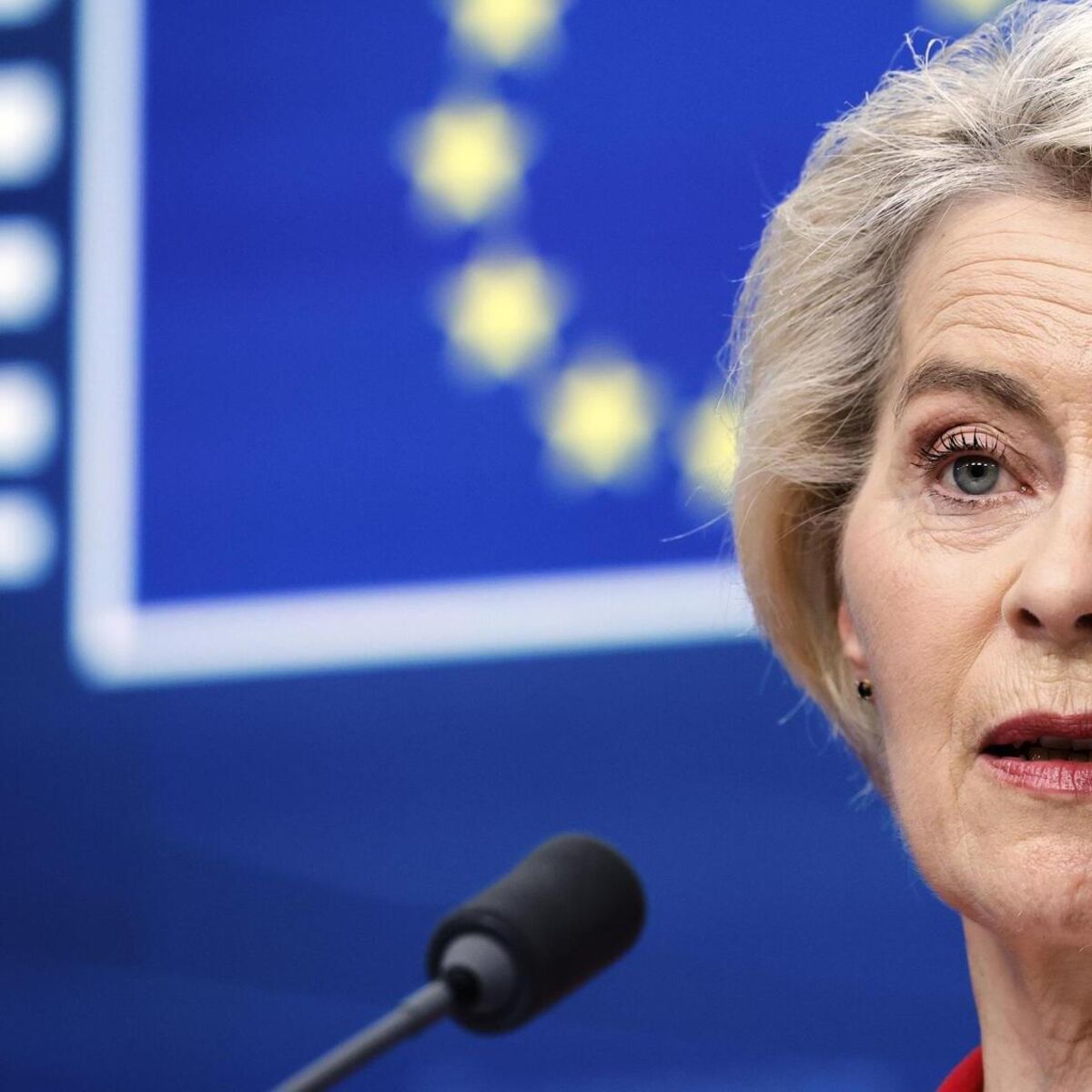The commission is responsible for trade on behalf of the EU’s 27 member states, but wanted a steer on how to approach the economically critical talks with the White House. Trump has threatened to impose 50% tariffs on all EU goods from 9 July unless the two sides reach a deal. Most EU goods already face a 10% tariff, with levies of 25% on cars and car parts and 50% on steel and aluminium.
Von der Leyen also floated a “beginning of redesigning” the World Trade Organization amid concern the global trading system is being undermined by trade wars and bilateral deals. She said the Asia Pacific CPTPP bloc, which also includes the UK, was interested in “structured collaboration” with the EU, which wanted the same. “We can think about this as a beginning of redesigning the WTO … to show the world that free trade with a large number of countries is possible on a rules-based foundation,” she said.
As Trump’s deadline draws near, differences are emerging between Germany and France over how to handle the US talks.
The German chancellor, Friedrich Merz, said a quick and simple trade deal was better than “slow and complicated”. The new centre-right chancellor is under heavy pressure from German carmakers and other exporters, some of whom argue that an asymmetric deal – ie higher US tariffs on European goods – may be better than no deal.
The French president, Emmanuel Macron, argued that accepting an unequal trading relationship would be damaging to Europe’s long-term competitiveness. One EU diplomat rejected the suggestion member states were divided, but said: “If we accept 10%, how long will it last?”, suggesting Trump could launch a new front in the trade war, or that it could affect negotiations with other trading partners. “Many member states realise this is not only one game. Maybe it will affect the way India approaches us, or China.”
Taoiseach Micheál Martin, said: “Getting a deal is important for certainty so that we know the landscape ahead of us and that industry knows the landscape ahead of it, so that we can protect jobs, which is our number one priority.”
Striking a more outspoken note, Spain’s prime minister, Pedro Sánchez, said Trump’s tariff threat was “doubly unfair”, because his country runs a trade deficit with the US. He was responding after Trump said Spain would “pay twice as much”, after Sánchez refused to commit to the 5% Nato spending target.
Diplomats are increasingly pessimistic about negotiating away the 10% baseline tariffs. As this reality sinks in, two approaches are emerging: a quick deal that would mean certainty for business, or retaliation to press for something better. “Do we go into aggressive retaliation mode or are we less vocal and do a quick deal,” said one source.
The US has shown little obvious interest in the EU’s offer of a “zero-for-zero” free-trade zone on industrial goods, while continuing to attack the bloc’s tech regulation and VAT rules. Earlier this week, von der Leyen reiterated that changes to the EU’s Digital Markets Act – regulations affecting US tech companies – was off the table.
“Of course we discuss tariff lines, we discuss non-tariff barriers like standards and norms … but where it is the sovereign decision-making process in the European Union and its member states that is affected this is too far.”
Belgium’s prime minister, Bart De Wever, said tariffs should be avoided at all costs. “So we will not allow ourselves to be provoked, we will remain calm, we will negotiate and we hope to reach an agreement. If this is not the case, we will naturally adopt countermeasures, but these will be appropriate countermeasures,” he said.
The EU has suspended levies on €21bn (£18bn) US goods until mid-July to allow more time for negotiations. The bloc is consulting on further retaliatory tariffs targeting €95bn of US goods, although the final total is likely to be smaller, if approved. The EU previously dropped plans to target American bourbon, after protests from France and Ireland, who feared retaliation against French cognac and Irish whiskey.
Merz criticised the EU’s approach as too complicated at an industry conference in Berlin on Monday. He also suggested the EU should concentrate on negotiating in five sectors including the automotive and steel industries, which have been already been hit with tariffs, and pharmaceuticals, which remain in Trump’s crosshairs.
Peter Leibinger, the president of the German Federation of Industries (BDI), said at the same conference that he [Merz] needed to “carry the pain” being felt by German manufacturers to the Brussels bubble.
The BDI said the tariffs would cost the German economy approximately 0.3 percentage points of growth, depressing an economy “where industrial production remains significantly below the pre-crisis level of 2019”.
The EU’s chief trade negotiator, Maroš Šefčovič, said: “The car industry of Europe, it’s clearly bleeding. And really to have tariffs at the level of 27.5%, which is a scary state, it is clearly unsustainable.” Carmakers face a 25% tariff, in addition to the 2.5% that pre-dated Trump’s second term.
Šefčovič said his “one wish” was unity in the EU’s approach. He was “ready to fight tooth and nail” for the EU’s interests, telling German business leaders to “talk to us, criticise us, but support us”.
He also revealed he was seeking an insurance clause in any deal: “I think it would be clearly desirable … that we would have some kind of stand still clause, which would kind of prevent a surprise with sudden spikes [in tariffs] and volatility.”
— The Guardian
